Imagine a world in which all products are designed to last.
A world where you don’t need to replace your smartphone every two years or throw away everyday objects when they break too quickly. A world in which only quality, sustainable products are sold to us. A world where, if something wears out or breaks, you can easily repair it instead.
Wouldn’t that be nice?
Well, strap in because the Right to Repair and the Zero Waste movements are both battling to make this world a reality. Although their approaches are different, they have one central goal – to reduce waste.
What is the Right to Repair movement?
Right to Repair is a thrilling movement that campaigns for:
- Superior quality products that perform better and last longer.
- The right to repair the things we buy whenever we need to.
The coalition, launched a few years back, has already spawned over 40 organisations in more than 16 European countries.
Although their general focus is on electronic devices, like TVs or phones, this initial spark is now growing across other industries and slowly becoming a new ‘gold standard’ to work towards. It’s a model where you can keep hold of your products, take them to the repair shop whenever needed, and have access to spare parts to make your items last longer.
The Right to Repair movement gives a face to this global fight - a push for better options for both ourselves and our planet.

The Right to Repair movement has ambitious goals. They want to change the system with a ‘right to repair law’. This would mean writing into EU legislation the following policies:
- Minimum design requirements. These would allow us to easily disassemble our products and repair or replace their key components.
- Repairability scores for each product. A score would give the repairers and customers a good idea of how easy the product is to restore.
- Fair access to spare parts and repair information. Manufacturers, businesses, and consumers would have access to repair manuals and spare parts for a product’s entire lifetime.
The road is still long, but the framework to implement laws like these is slowly appearing.

In March, the European Ecodesign Directive has added new elements to its label to enhance the repairability and recyclability of more than 40 product groups. These products are responsible for roughly 40% of all EU greenhouse gas emissions.
While these kinds of regulations don’t yet apply to all goods on the market, they are here to stay. And they set the path towards more transparent, decisive Right to Repair freedom for customers across Europe.
Where does the zero-waste movement fit into this?
Zero-waste living is about minimising the waste we create, wherever and whenever we can. Within this philosophy, every product we consume is given the most environmentally friendly outcome. The ‘6 Rs’ is a simple process you can follow to picture the possibilities for each item:

Let’s explore what some of these terms mean in our everyday lives.
- By refusing, the zero-waste movement inspires you to choose other types of products. These are usually alternatives to single-use plastic, but it also asks you to pause and think before buying unnecessary items.
Don’t be shy to refuse a plastic straw from your bartender, for example. You can drink straight out of the glass or ask to replace it with an eco-friendly straw.
- Reducing your everyday consumption is one of our favourite Rs. Here it’s all about realising how with less, you can actually achieve more. You can find 35 new habits to help you reduce your consumption here.
- By reusing, the zero-waste movement encourages you to switch from disposable items, like plastic razors, to durable and lasting alternatives, such as metal or bamboo safety razors. It also asks you to choose items that can be used repeatedly or repurposed for something new.
- Repairing is then an essential component to adopting the zero-waste mindset. Being able to repair your clothes by bringing them to your local dressmaker, or repairing your bike, phone, or lamp would naturally help you reduce your consumption.
Imagine the possibility of being able to repair almost anything you own when it finally breaks. We’d all be able to take a step closer to a more sustainable, circular economy. It just makes sense, right?

What can you do right now?
As individuals, adopting a zero-waste lifestyle enables us to keep our oceans cleaner, landfills emptier, and our carbon emissions at their lowest. Rethinking our consumption is one of the best things we can do to mitigate climate change.
As manufacturers, we know it’s possible to create quality products that can be repaired and last for a long time.
Did you know the world’s longest-lasting lightbulb, the Centennial Light, has been working since 1901? Yup, that’s right, 120 years old and still going!
The good news is that people are ready. A Eurobarometer survey found that “77% of EU citizens would rather repair their devices than replace them”. Now it’s up to companies and governments to help us, the consumers, realise these aspirations.
As sustainable food advocate Anna Lappé said: “every penny you spend is a vote for the world you want to live in”. You can start rooting for better products today. Play a part in making the Right to Repair dream a reality by buying from companies that:
- Promote the longevity of their products.
- Allow you to access repair instructions.
- Don’t supply add-ons that make older models obsolete.

Bambaw and our spare parts
Bambaw products are all incredibly hardy and designed to be reused time and time again. But, when the time eventually comes, some swaps’ parts can be easily replaced.
From razor handles to stainless steel bottle lids, we offer you the chance to extend the life of your Bambaw swaps. Look at our spare parts page to see what’s possible.
Bambaw is against planned obsolescence, and we’re confident our spare parts will enable our community to reuse their swaps for even longer. This helps everyone reduce their environmental footprint— one swap and one spare part at a time.




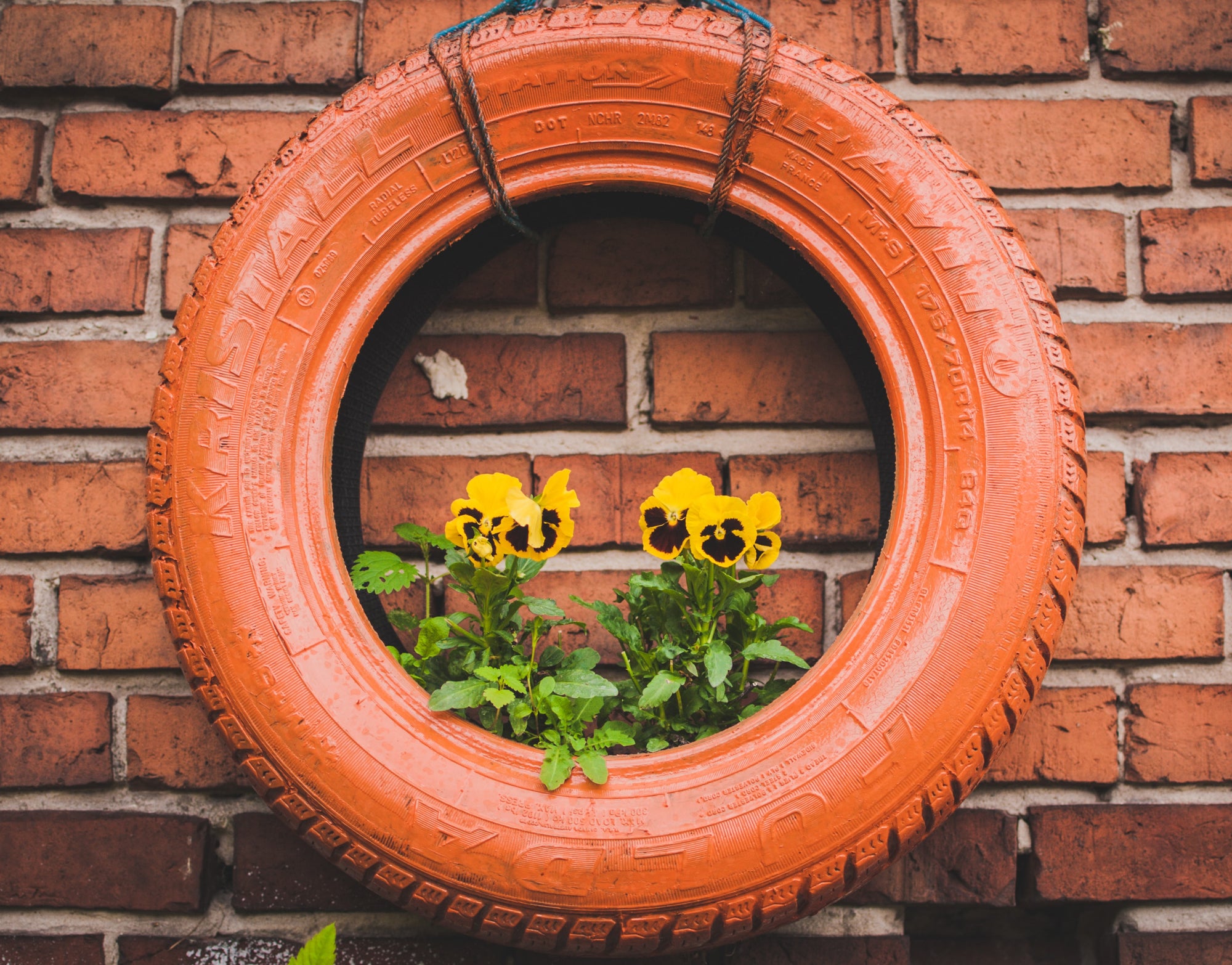


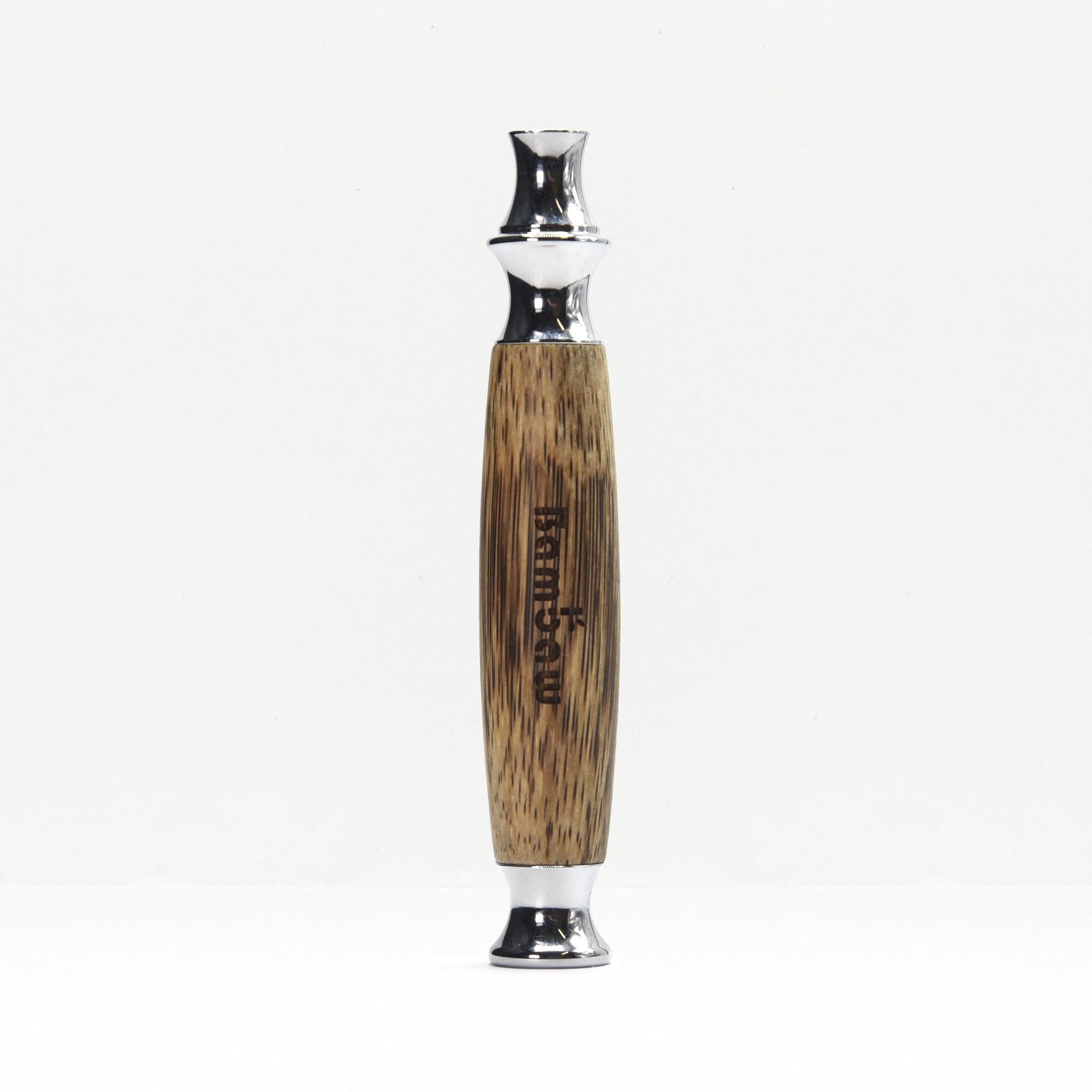

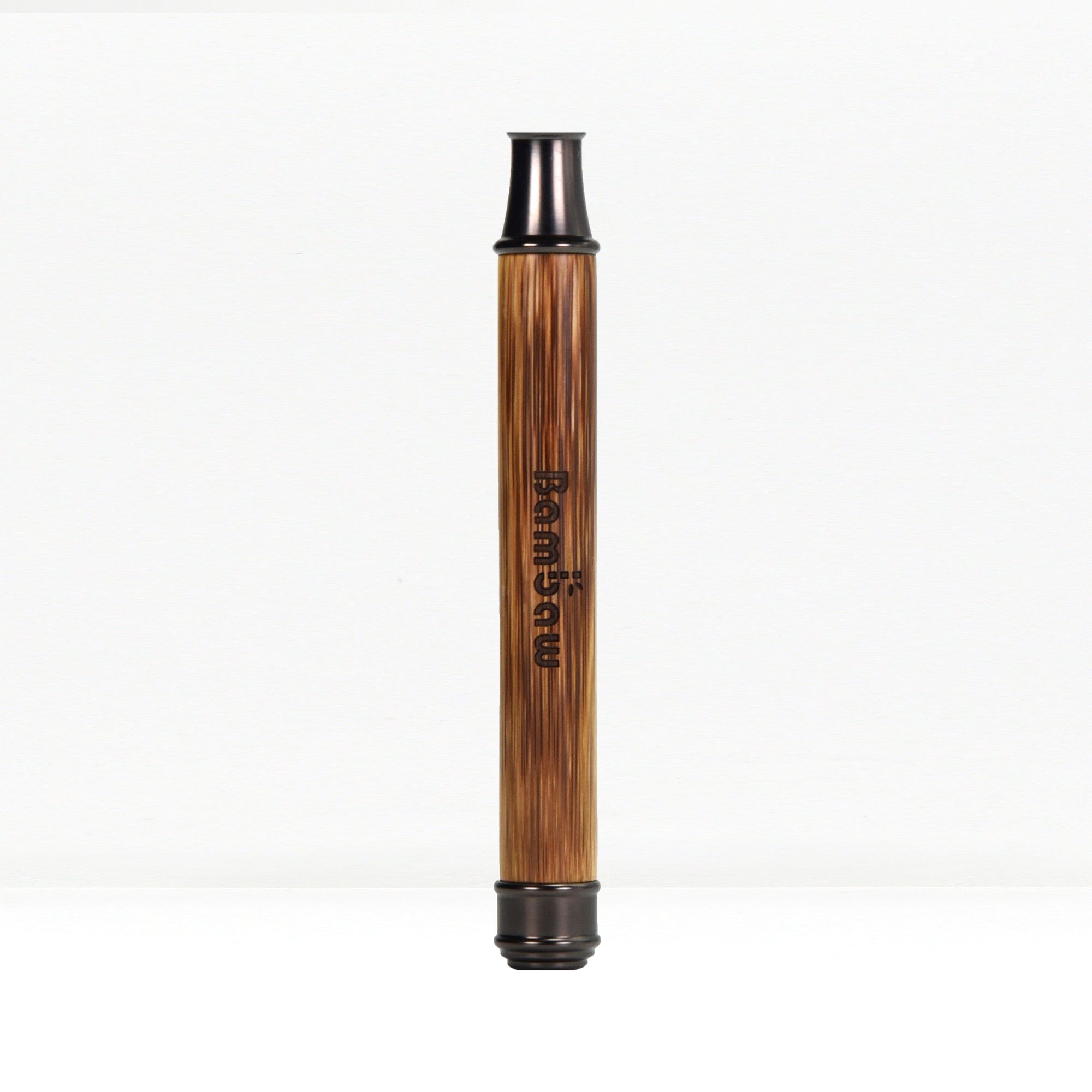

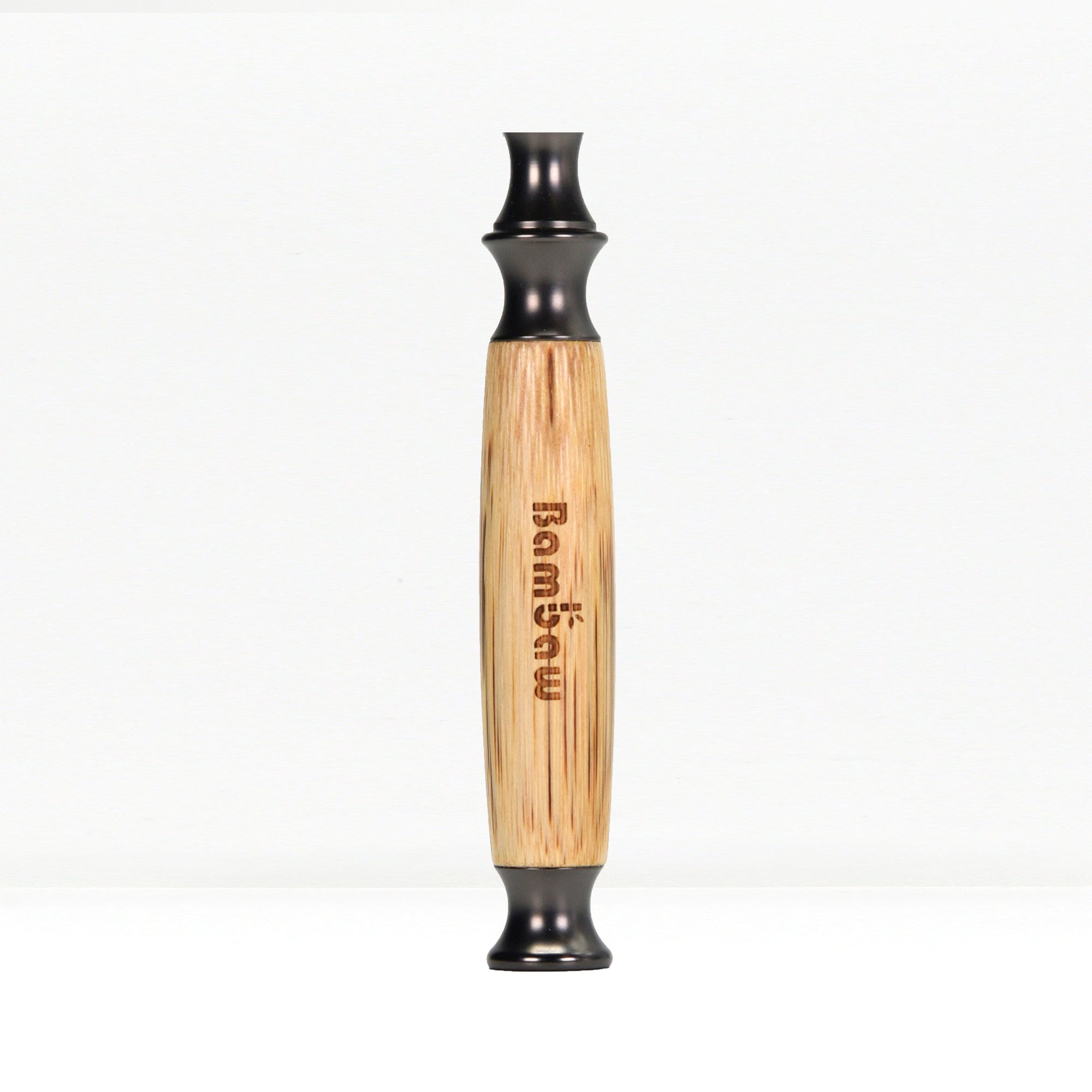


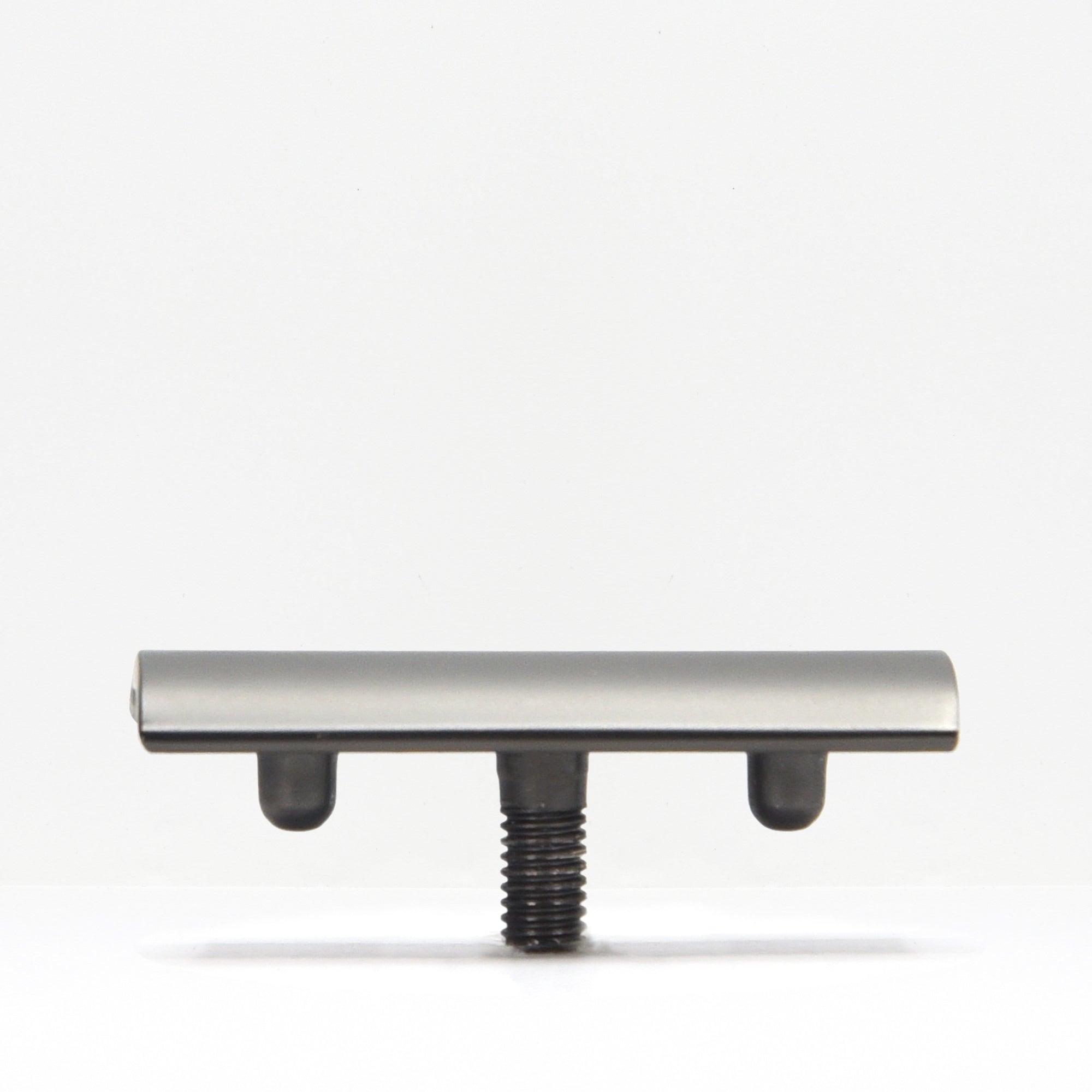
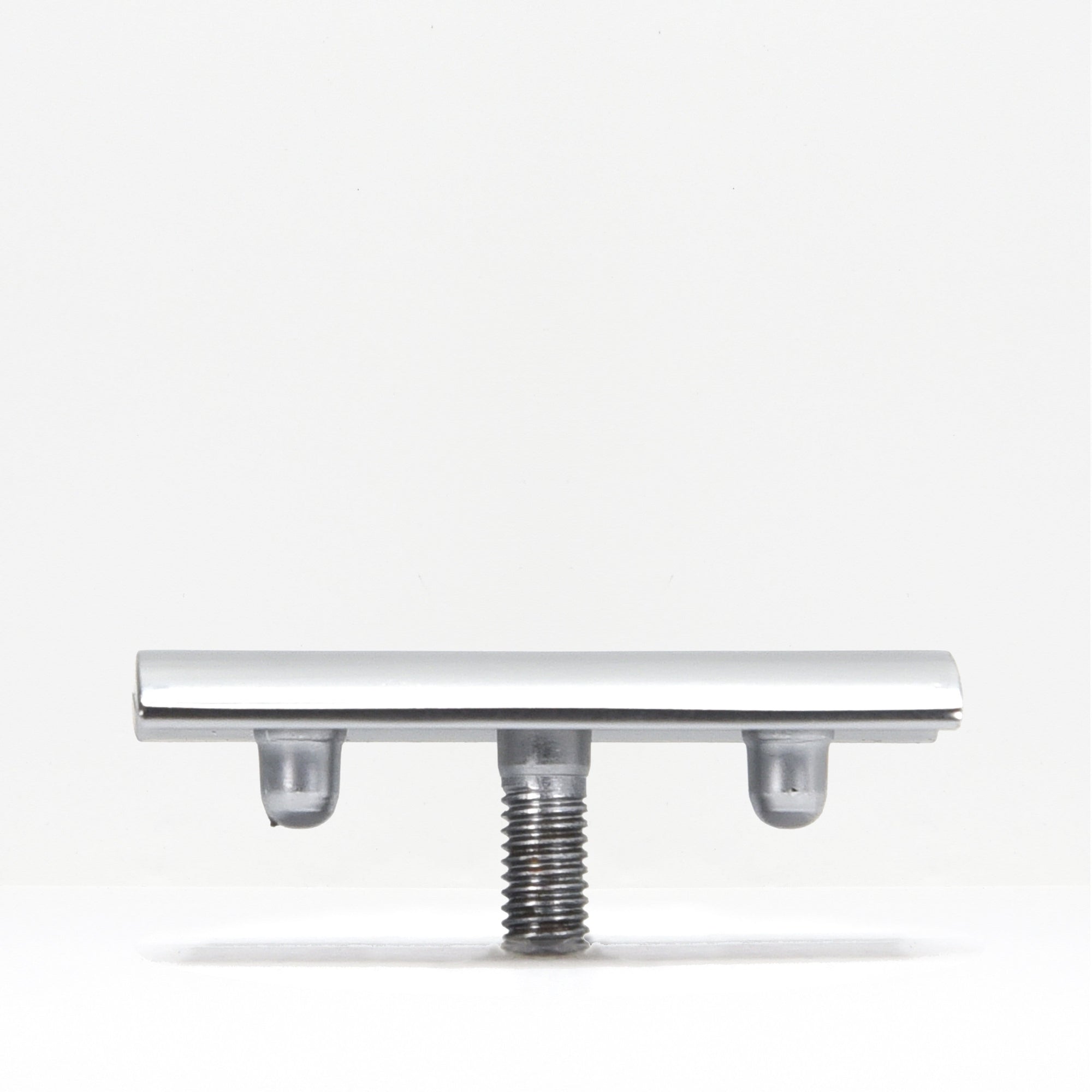
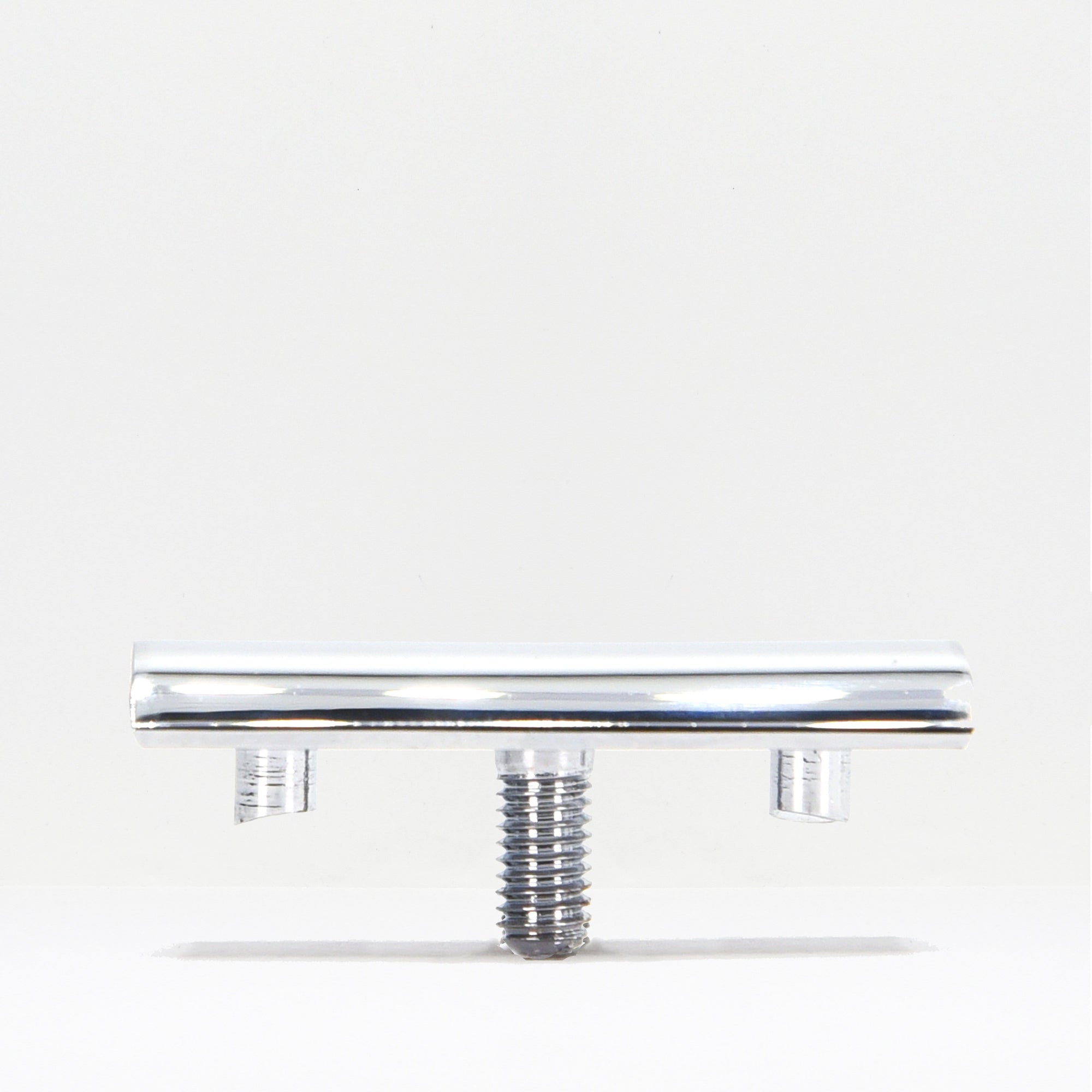
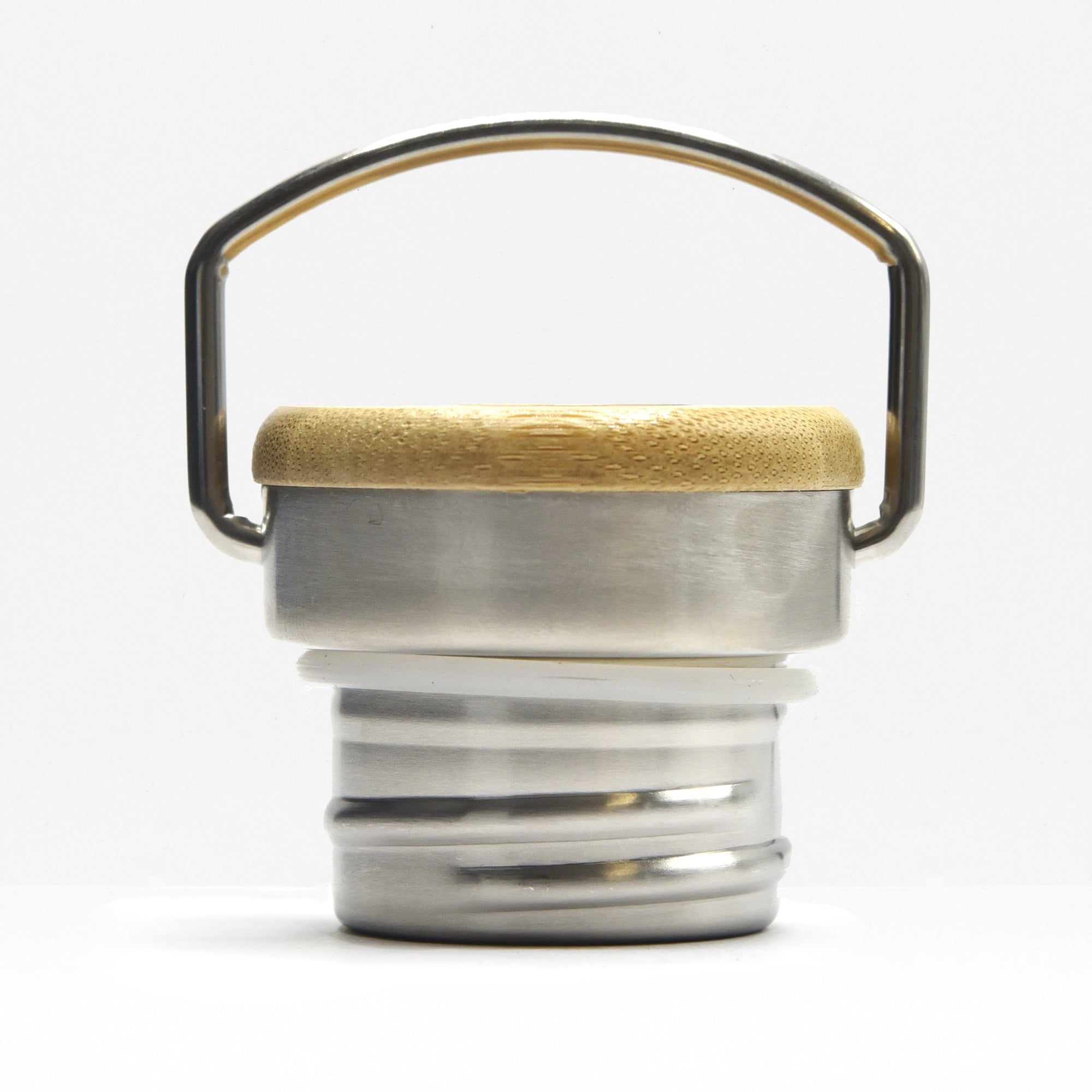
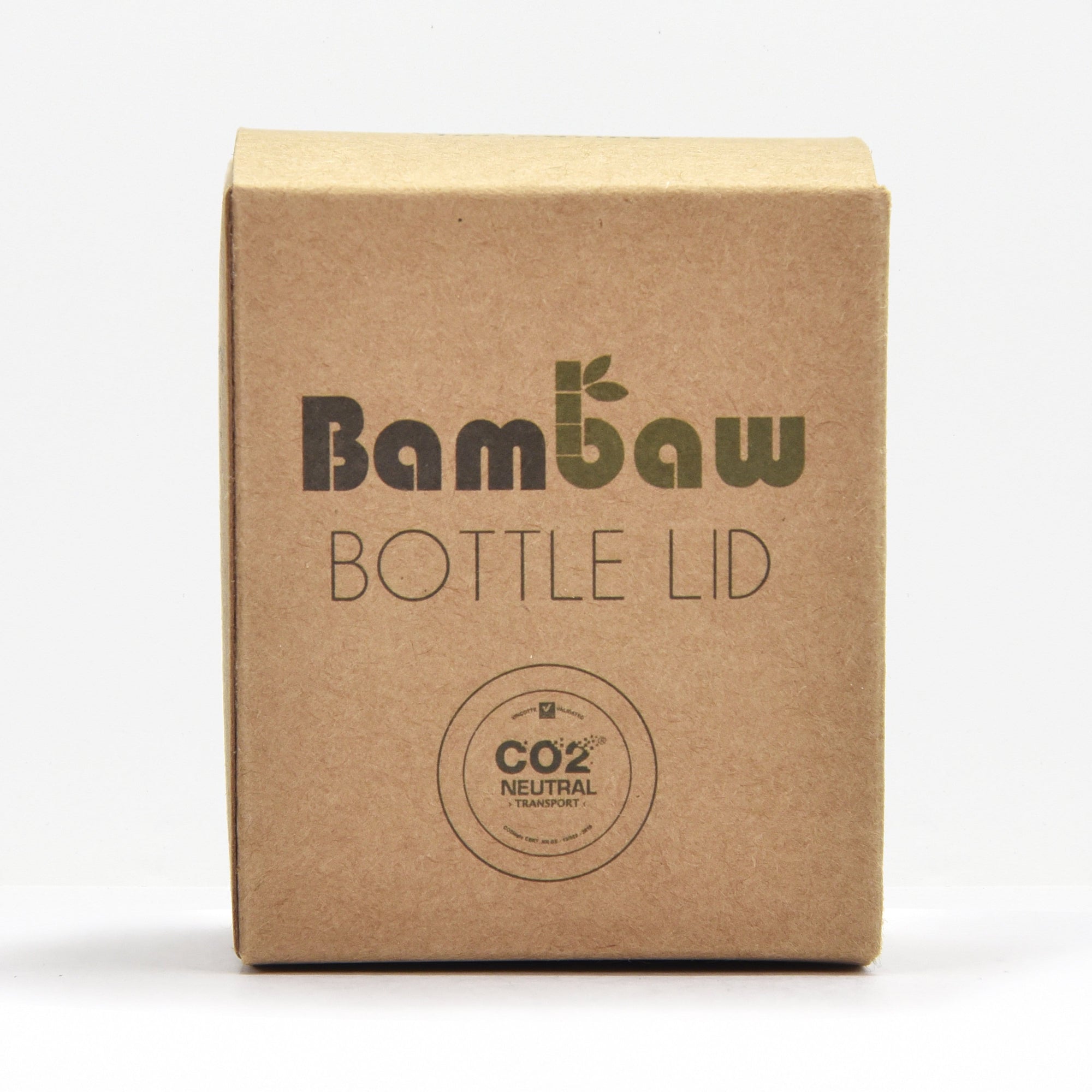

Kommentar
We have to try, where we can… where it is possible for us… Thank you